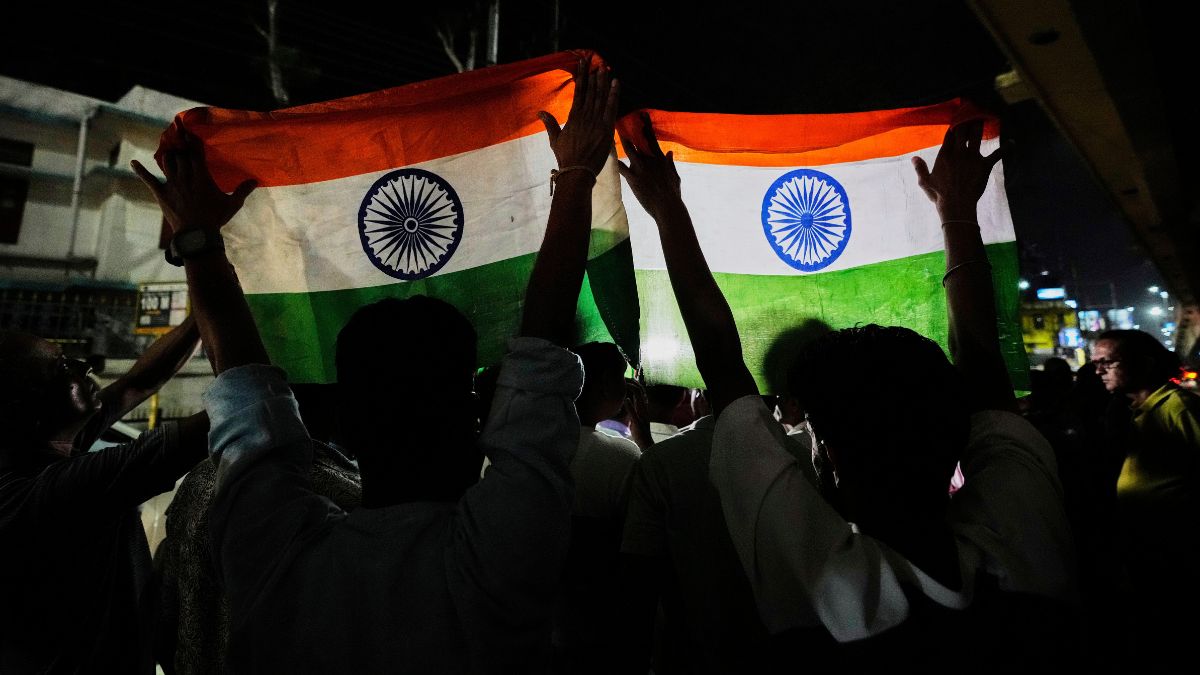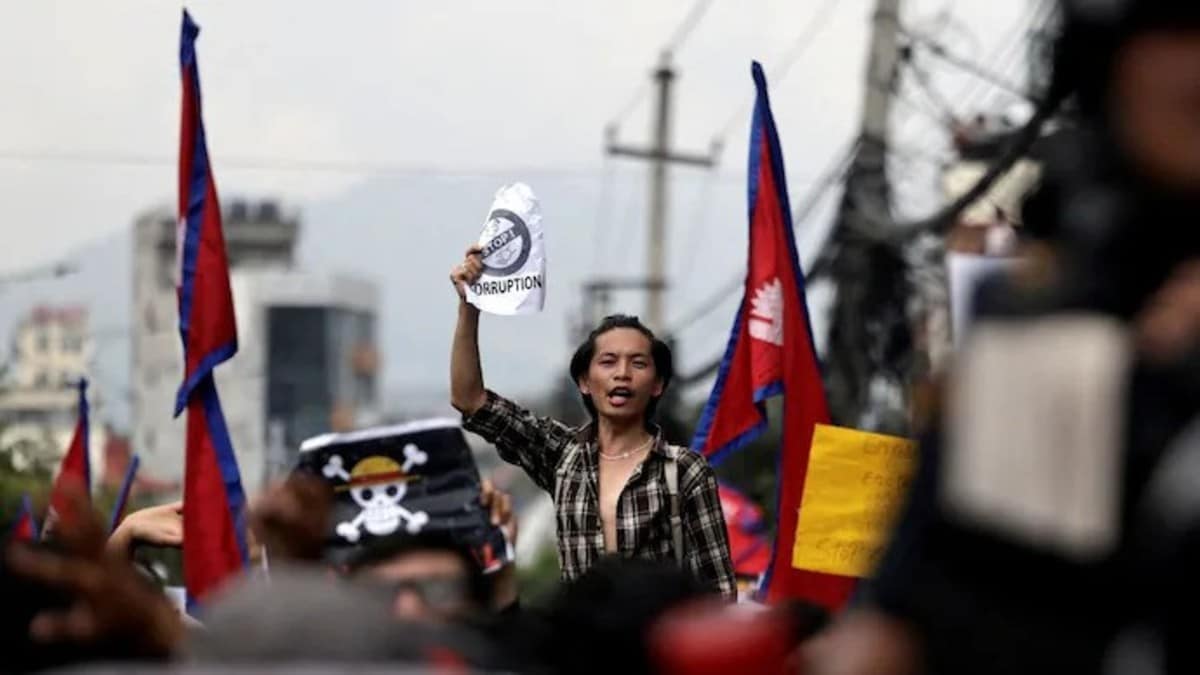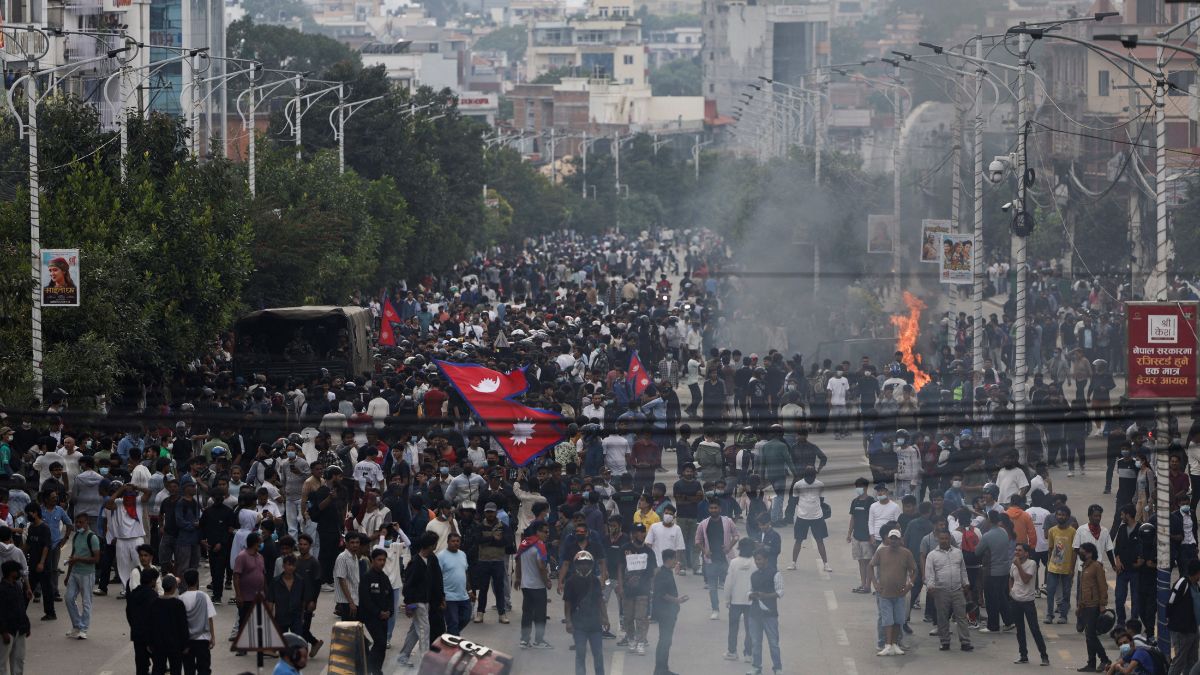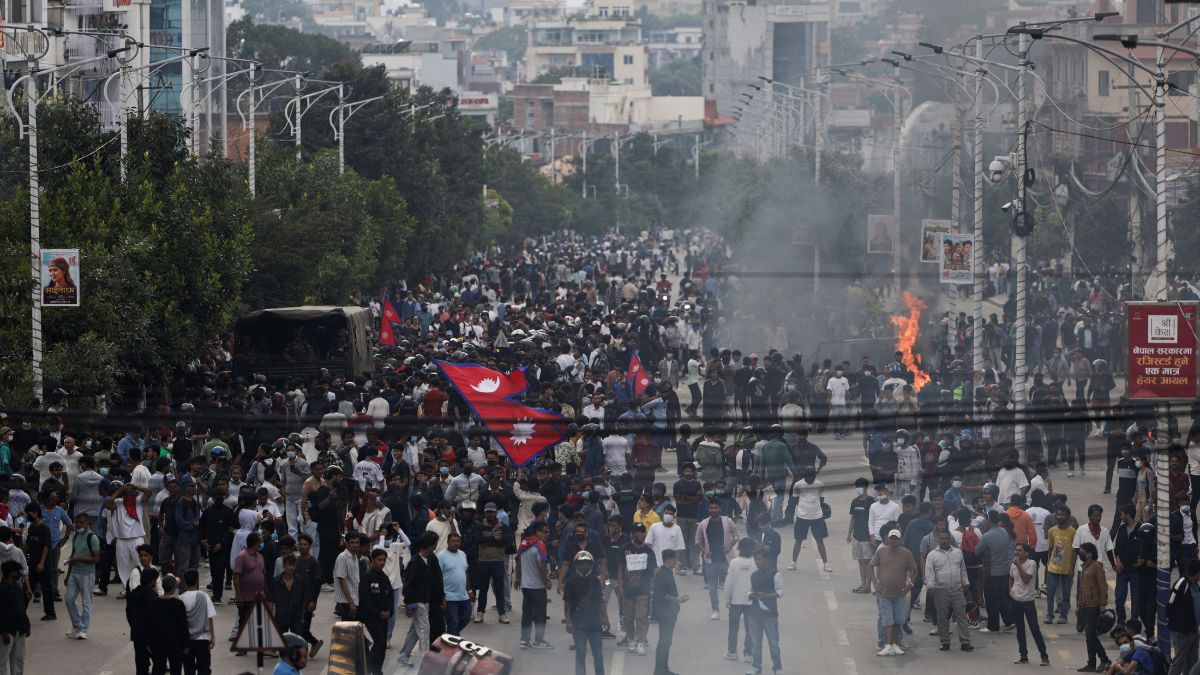Few will dispute that B R Ambedkar was an intellectual giant of India’s independence generation, but these days he is more often invoked as a talisman than read as an analyst. His speeches on caste retain the power to inspire and his book on Pakistan has gained renewed popularity. But his more technical works, like his 1955 pamphlet on linguistic states, are hardly ever cited.
Two contemporary authors who have read Ambedkar and studied him closely are Gautam R. Desiraju and Deekhit Bhattacharya. Their book Delimitation and States Reorganisation: For a Better Democracy in Bharat could well have been dedicated to the great man. In a sense, it was. Desiraju and Bhattacharya dedicated their book to “the silent voters of Bharat”—an Ambedkarite dedication if ever there was one.
In any true democracy, those silent voters choose their representative on the principle of one person, one vote. But since 1976, that principle has been in abeyance in India. Due to Indira Gandhi’s freezing of the sizes of states’ delegations in the Lok Sabha, a voter in Kerala now has nearly twice the voting power of a voter in Rajasthan. Absent any action to address it, this North-South disparity would only continue to grow.
Writing well before the June announcement that the next census would be held in 2027, Desiraju and Bhattacharya called for a census and delimitation exercise to be held before the next national elections. That would trigger a reapportionment of Lok Sabha seats in time for 2029. And Desiraju and Bhattacharya argued that this reapportionment would only be politically possible if India’s 36 states and union territories were reconfigured at the same time.
Desiraju and Bhattacharya boldly claim that “delimitation and states’ reorganisation are two faces of the same coin—one cannot be achieved without the other”. They don’t fully explain why, perhaps because they think the explanation is too obvious. Entrenched political interests would prevent a redistribution of seats in the Lok Sabha unless those seats are drawn from an entirely clean slate.
Impact Shorts
More ShortsBut given that the reapportionment of Lok Sabha seats after the 2027 census now seems inevitable, the real question arising from Delimitation and States Reorganisation is whether or not India’s current political divisions are economically or politically fit for purpose. Desiraju and Bhattacharya believe they are not.
They want to see new states drawn up on purely Ambedkarite principles. No, that does not mean that the authors want states based on caste. They appeal instead to the other Ambedkar: the father of the Indian Constitution who railed against Nehru’s States Reorganisation Commission and the “poison” (Ambedkar’s word) of “dividing India in the name of Linguistic States”.
Ambedkar argued that (for ease of communication) each state should have one language, but that each language should be spoken in multiple states. Desiraju and Bhattacharya wholeheartedly embrace this principle of “one state, one language”. In place of the States Reorganisation Commission’s formula of “one language, one state”, they would have each language spoken in multiple states. This would (in their view) foster a more united Bharat consisting of many small and roughly equal states to succeed the inherited colonial India of massively unequal political divisions.
Again, following Ambedkar (whose PhD was in economics), Desiraju and Bhattacharya argue that within language groupings, economic considerations should drive the organisation of states. They foresee a panoply of 75 small states, each an “economic powerhouse” specialising in one or two leading industries. Their Kashmir would specialize in flowers and forestry; their Kachchh in mining and energy; their Kashi in religious tourism.
The economic arguments in Delimitation and States Reorganisation are perhaps the weakest part of the book. Lacking Ambedkar’s sophisticated understanding of the complexity of modern economies, Desiraju and Bhattacharya revert to an almost Nehruvian oversimplification of the challenges of economic development.
That is not to say that Desiraju and Bhattacharya endorse Nehruvian central planning; not at all. But the authors do not seem to recognise that the chief economic benefit of small states is that their governments would be more responsive to the multifaceted small and medium enterprises that dominate every well-functioning economy. Ministers in today’s states are more likely to find time in their diaries for only the biggest of corporate bigwigs.
Much stronger are Desiraju and Bhattacharya’s arguments that smaller states would open up opportunities for cultural rejuvenation and political bridge-building. Today, language groups are the basis for dividing India into competing, hostile camps. Smaller states would transform language into a cultural force uniting people across state lines, refocusing state-level politics on the practical issues that most affect people’s daily lives.
The silent voters of their book’s dedication may not have known that they wanted delimitation and states’ reorganisation, but Desiraju and Bhattacharya make a good case that they do. Everyone wants to live in a country where their economic prospects aren’t limited by political interest groups, where local governments are responsive to local needs, and where their voices are heard.
The reforms proposed by Desiraju and Bhattacharya would lead India in that direction. They wouldn’t be easy to achieve, and it is unlikely that they could be implemented on the rapid timescale that the authors propose. But as Desiraju and Bhattacharya point out, India’s states have been repeatedly reconfigured in the past, and likely will be again in the future.
Past reorganisations have resulted from political pressure exerted by powerful interest groups. Future reorganisations are inevitable, but they should be guided instead by rational design principles. When the day comes for planning their new states, Indians would do well to remember Ambedkar—and consult Desiraju and Bhattacharya’s Delimitation and States Reorganisation.
Salvatore Babones is an associate professor at the University of Sydney and the executive director of the Indian Century Roundtable. Views expressed in the above piece are personal and solely those of the author. They do not necessarily reflect Firstpost’s views.


)

)
)
)
)
)
)



